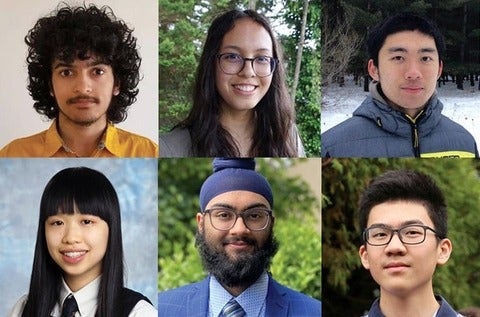All the information you need could be in your pocket
Smartphones have become an indispensable part of our daily lives and because of their portability we bring them everywhere, but viewing information on our devices isn’t always convenient, safe or possible.
If your phone is tucked into a briefcase, backpack, pocket or purse, it must be removed or unlocked to see a message or notification. And digging through pockets and packs is awkward during meetings, difficult when carrying items, and possibly hazardous when running, biking or exercising.


